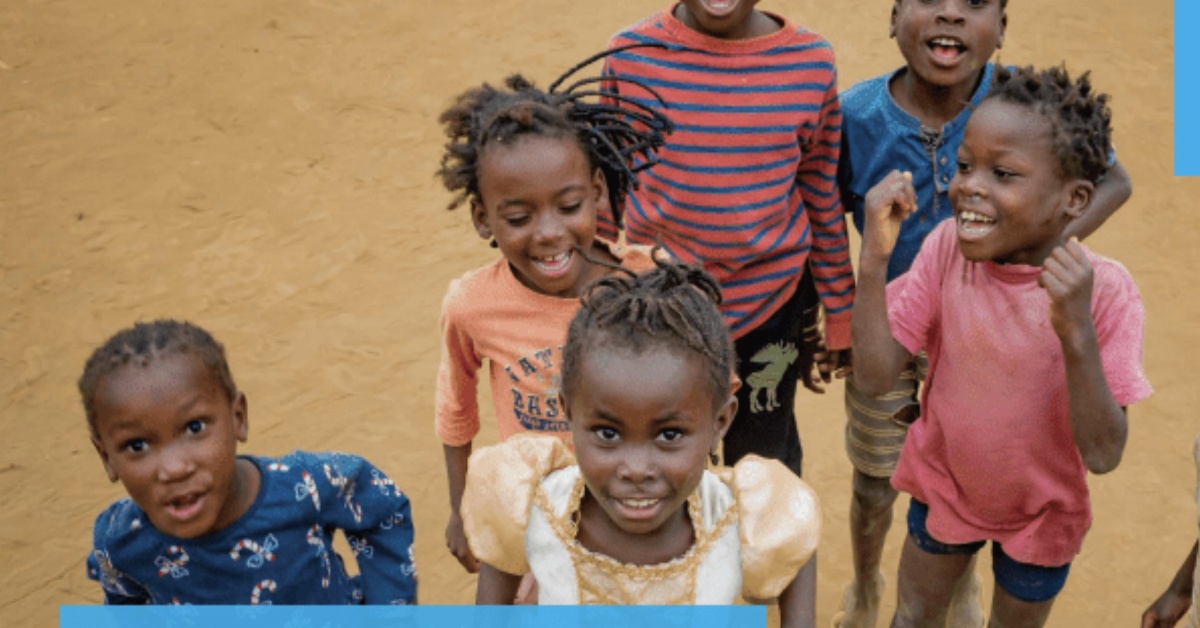A staggering 60% of children in Sierra Leone have been found to have lead poisoning in their blood, according to a recent study conducted by UNICEF.
This alarming revelation came to light during a one-day workshop organized by the Environmental Protection Agency (EPA) to raise awareness on the dangers of lead in paint.
The event, held at Family Kingdom, Aberdeen, underscored the urgent need for action to protect the health of Sierra Leone’s children and communities.
Mo Bashin Idriss, Project Head of Gold Plus, highlighted the critical findings of a 2022 EPA study that revealed dangerously high levels of lead in both locally produced and imported paints sold in Sierra Leone.
Idriss emphasized that lead is a potent neurotoxin, and even the smallest amount can cause severe health problems, particularly in children. He stressed, “No percentage of lead is safe in the human body.
The consequences of exposure, especially for children, are devastating and irreversible.
“The workshop also revealed the results of a follow-up test conducted in 2024, supported by the Lead Exposure Elimination Project (LEEP).
The tests confirmed that high levels of lead continue to persist in Sierra Leonean paints, raising concerns about the long-term effects on public health.
Idriss urged stakeholders to take immediate action, noting that raising awareness about lead poisoning from paint is crucial to safeguarding the future of the country’s children.
Speaking on behalf of the Ministry of Environment and Climate Change, Edwin Baima, Director of Environmental Control and Quality Management, highlighted the importance of the workshop.
“The objective is to create awareness among manufacturers, distributors, construction professionals, and local painters about the dangers of lead exposure.
We need to address this issue before it worsens,” he said.
Baima stressed that lead poisoning is particularly dangerous for children, as it can lead to irreversible brain damage, developmental delays, and other severe health issues.
He reiterated UNICEF’s findings that 3 out of 5 children in Sierra Leone have been affected by lead poisoning, which has far-reaching health and economic consequences.
In light of these troubling statistics, the EPA’s 2024 tests revealed that nearly 47% of solvent-based paints and 12.5% of water-based paints in the country still contain significant amounts of lead.
Baima called on relevant stakeholders to fast-track the ratification of new regulations aimed at reducing lead exposure. A draft policy on lead poisoning has already been developed and shared with Parliament, awaiting approval.
“The health of our children and the future of our nation depend on the steps we take today,” Baima urged, calling for immediate and collective action to enforce stricter regulations and eliminate lead from paints in Sierra Leone.
As the workshop concluded, participants, including manufacturers, estate developers, and policymakers, were reminded of their critical role in addressing this pressing public health issue.
The EPA and its partners hope that the workshop will serve as a wake-up call for Sierra Leoneans to take action against the invisible threat of lead poisoning.











